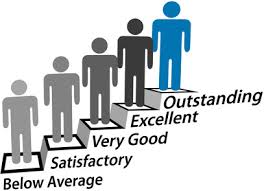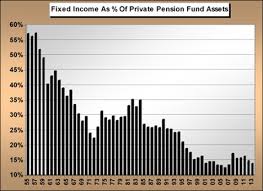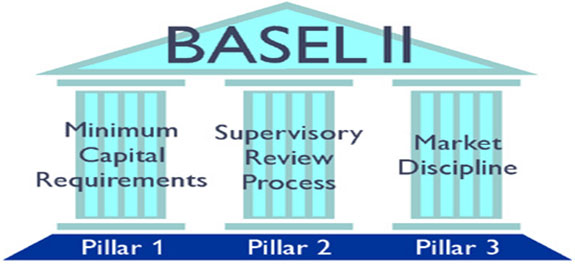Start Date:
09 September, 2025.
End Date:
11 September, 2025.
Course Overview
Performance appraisals are essential for the effective management and evaluation of staff. Appraisals help develop individuals, improve organizational performance, and feed into business planning. Formal performance appraisals are generally conducted annually for all staff in the organization. Each staff member is appraised by their line manager. (Directors are appraised by the CEO, who is appraised by the chairman or company owners, depending on the size and structure of the organization). Annual performance appraisals enable management and monitoring of standards, agreeing expectations and objectives, and delegation of responsibilities and tasks. Staff performance appraisals also establish individual training needs and enable organizational training needs analysis and planning. Performance appraisals data feeds into organizational annual pay and grading reviews, and coincides with the business planning for the next year
Course Objectives
- Explain the purposes of performance Management, types and the reasons they fail.
- Identify the characteristics of an effective Performance Management program.
- Describe the different sources of Performance Assessment information.
- Explain the various methods used for performance evaluation.
- Outline the characteristics of an effective performance appraisal interview or feedback
- Know how to coach your employees through performance management
- Better Communication with your employees
Course Outline
- Performance Management Overview
- Performance Management Cycle
- Needs for Performance Management
- Performance Management Vs performance Appraisal
- Performance Management Methods and Techniques overview
- Tools for the Performance Appraisal
- Job profile
- Performance standards
- Specific objectives
- Incident file
- Plan for the appraisal session
- Performance Management Relationships
- Performance Appraisal and Training
- Performance Appraisal and Compensation
- Performance Appraisal and Staffing
- Performance Appraisal and Retention
- Coaching and Performance Management
- Communicating Appraisal Information
- Performance Feedback
- Monitoring and Improvement
- key skills required of an effective appraiser including effective communication
- Describe and demonstrate effective positive and critical feedback
- Dealing with Difficult Behaviour
- Performance Rating Errors
- Politics of performance appraisal
- Who should appraise?
- Management By Objectives
- Types of Objectives
- Balanced Scorecard
- General Standard Techniques for Performance Management
- Key Result Areas
- Key Performance Indicators
- Rules for the Performance Management
- Set Expectations
- Type of Expectations
- Frequent communication
- Performance
- Warm-up time
- Candid & specific
- Build on strengths
- Positive listening
- Judge the performance
- An effective Performance Appraisal Session
- Over / under achievers
- Reviewing past period
- Objectives for next period
- Signals
- Role as a leader
- Best in your people
- Preparation for the Performance Appraisal
-
- Perceptions
- Some ways perceptions affects
- Performance appraisals
- Effective Communication
-
- One way versus two way
- Communication
- Ask questions
- Listen for the answers
- Non-verbal effects
- Organizing the Performance Appraisal step in Performance Management
-
- Isolate yourself
- Make notes
- Create an how to improve list
- Questions or concerns
- How to raise strengths at interview
- How to raise weaknesses at interview
- Prepare for development and improvement
- The Performance Appraisal and Progress review Interview
- Ensure privacy
- Prepare yourself
- Encourage the person
- Listen attentively and actively
- Commitment to change/improve
- Revisions to Job Profile and
- Performance Indicators







